Kinship's #ValueOurLove campaign
For too long kinship care has been overlooked and undervalued. We’re calling on politicians to increase support for kinship families.
Join the #ValueOurLove campaign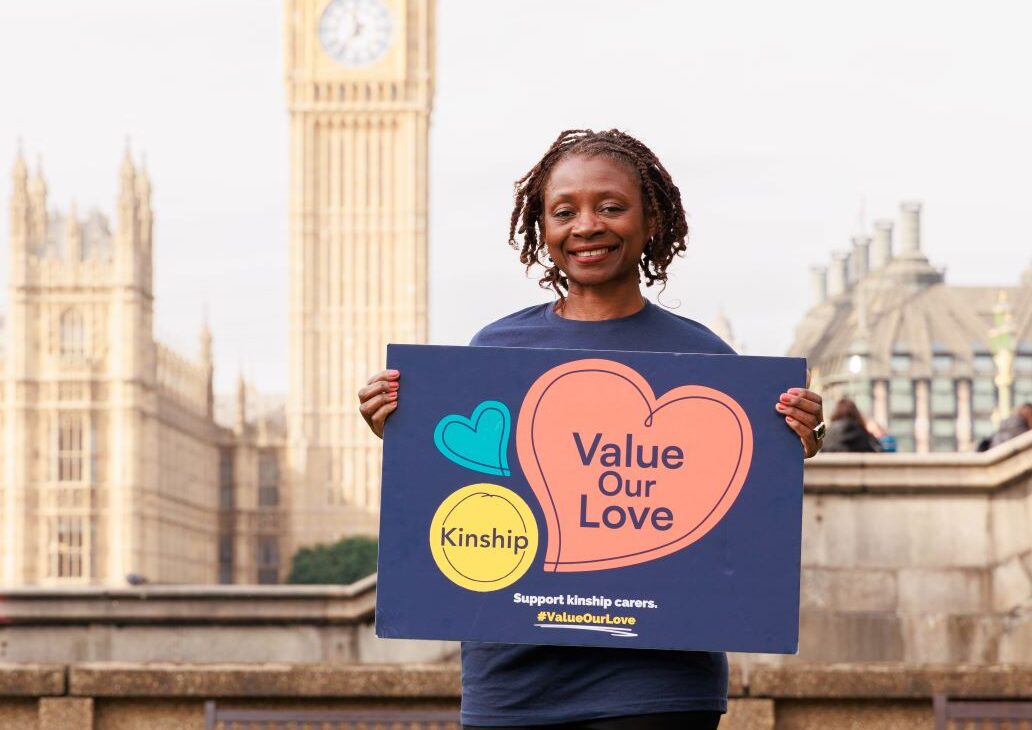
Kinship care has been overlooked
Every child needs love. That’s why, when parents can’t look after a child, it’s often best if they can be brought up in ‘kinship care’ – where a grandparent, uncle, aunt, sibling or family friend steps in to raise them.
Kinship care means love and stability. But for too long many politicians have overlooked kinship carers and undervalued the role they have in keeping 141,000 children in England and Wales out of the care system.
Children in kinship care have often had a really difficult start in life having experienced trauma and loss. Yet kinship families are unfairly blocked from the essential extra financial, health and emotional support that children in care and those looking after them can get.
In fact, 8 in 10 kinship families aren’t getting the vital support they need from their local authorities to meet their child’s needs. As a result, nearly 1 in 8 kinship carers have told us they are concerned about continuing to care for their kinship children if their situations don’t improve.
This unfair system is risking thousands of children’s futures. If kinship carers can’t continue to look after them, they could lose their stable and loving home.
That’s why the #ValueOurLove campaign is calling on politicians to increase support for kinship carers and the children they love.
Support our latest action
While other working parents and carers are entitled to some form of paid leave, kinship carers are expected back to work the next day – leaving many facing significant financial hardship.
We have a chance to change this and we need to hear kinship carers’ experiences to get the government to take notice.
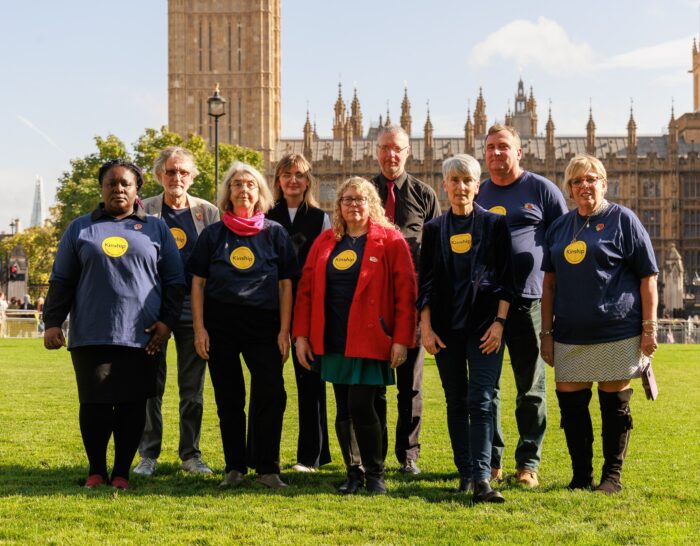
Be part of the #ValueOurLove campaign
Thousands of kinship carers and campaign supporters are calling on the government to #ValueOurLove and provide more and better support for kinship families.
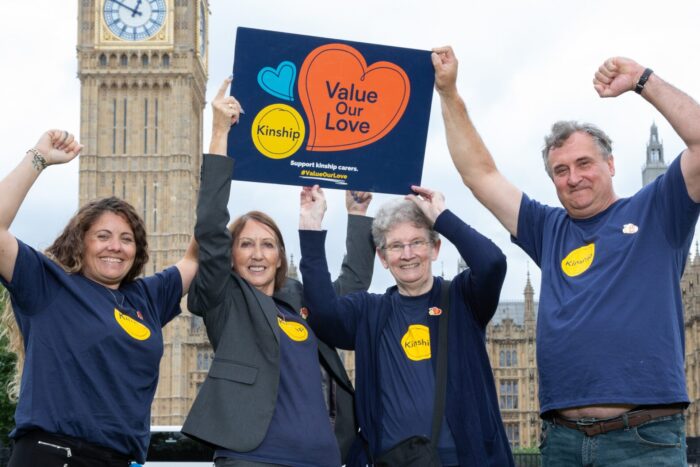
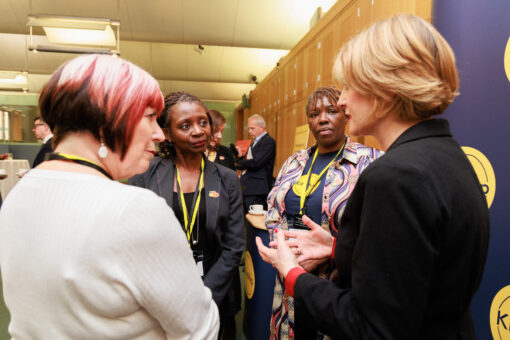
Campaign Champions
Join our Campaign Champions and take action to make the lives of kinship families better.
Become a Campaign Champion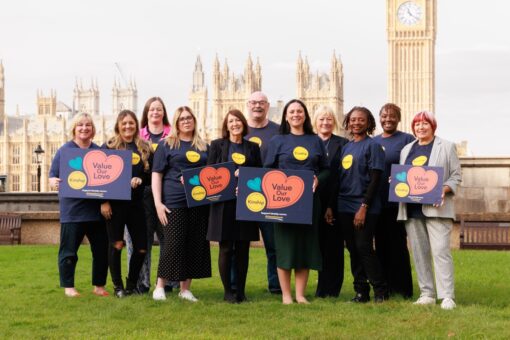
Campaign with us
Join us as we campaign together for all kinship carers and the children they love.
Campaign with us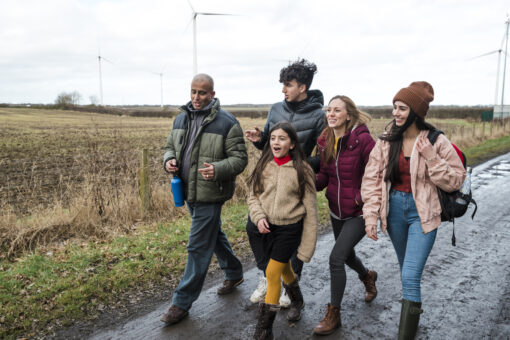
Kinship care in your area
Find out about the kinship families in your local area and the challenges facing kinship carers in your region using our constituency map.
Find kinship statistics in your area